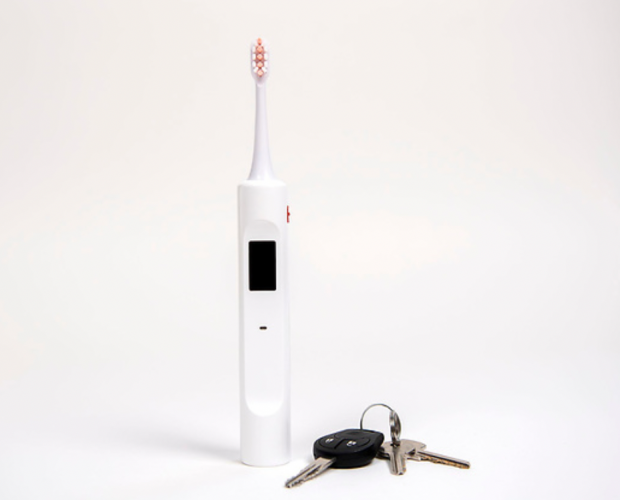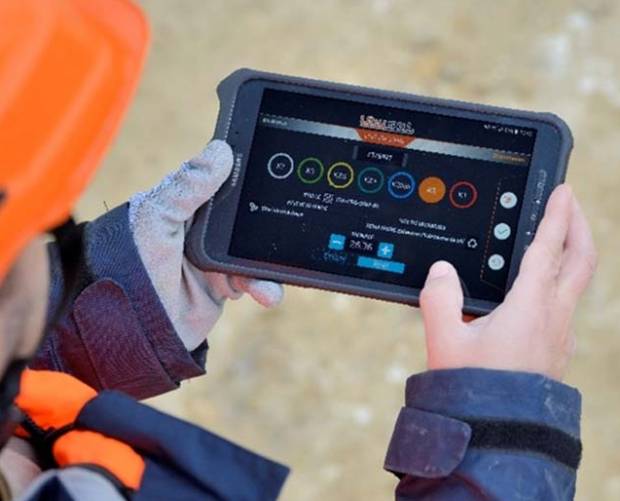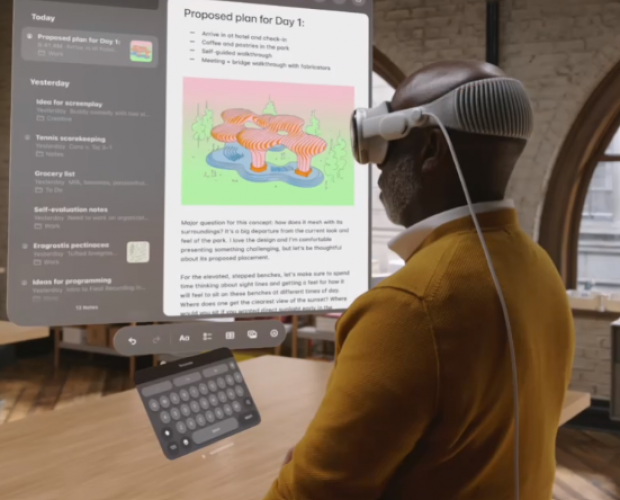Google to Build Its Own Self-drive Cars
- Tuesday, May 27th, 2014
- Share this article:
 Google has revealed that it will build its own self-drive cars. In a blog post, Chris Urmson, director of the Self-Driving Car Project, says the company is planning to build around 100 prototypes with manual controls that will go into testing later this summer. If all goes well, Google then plans to run a small pilot program in California in the next couple of years before moving to full production.
Google has revealed that it will build its own self-drive cars. In a blog post, Chris Urmson, director of the Self-Driving Car Project, says the company is planning to build around 100 prototypes with manual controls that will go into testing later this summer. If all goes well, Google then plans to run a small pilot program in California in the next couple of years before moving to full production.
The final version of the car won’t have a steering wheel, accelerator or brake pedal, just an on/off button. (Surely the final version won’t have anything as basic as a button; a nod with Google Glass will be enough to switch it on – Ed).
The cars have two sensors that remove blind spots, and they can detect objects out to a distance of more than two football fields in all directions. The speed is capped at 25 mph. Inside there are two seats, a space for baggage, the start/stop buttons and a screen showing the route.
Google’s emphasis with the self-driving cars is clearly on safety, and their ability to reduce or even eliminate accidents. The company announced recently that its self-driving cars had covered 700,000 miles of public roads in autonomous mode.
That being the case, there’s one part of the blog post which stops you in your tracks. It says: “You can take a trip downtown at lunchtime without a 20-minute buffer to find parking. Seniors can keep their freedom even if they can’t keep their car keys. And drunk and distracted driving? History.”
Surely Google is not suggesting that the owner of a driverless car could get blind drunk and then “drive” it home. And surely the law-makers would not allow drunk-driving even if the driver didn’t have to do anything other than switch it on and off, and, presumably, tell it where they wanted to go.
While on the legal theme, the US state of Nevada passed a law in 2011 permitting the operation of “autonomous” cars in the state. The law came into effect on 1 March 1, 2012.
In California, meanwhile, the Department of Motor Vehicles (DMV) is introducing new regulations governing the testing of autonomous cars in the state, and seems likely to pass a law making them legal to use on the state’s roads by 2015.
Traditional car makers including Audi, Nissan and Tesla are also working on self-driving cars.
















